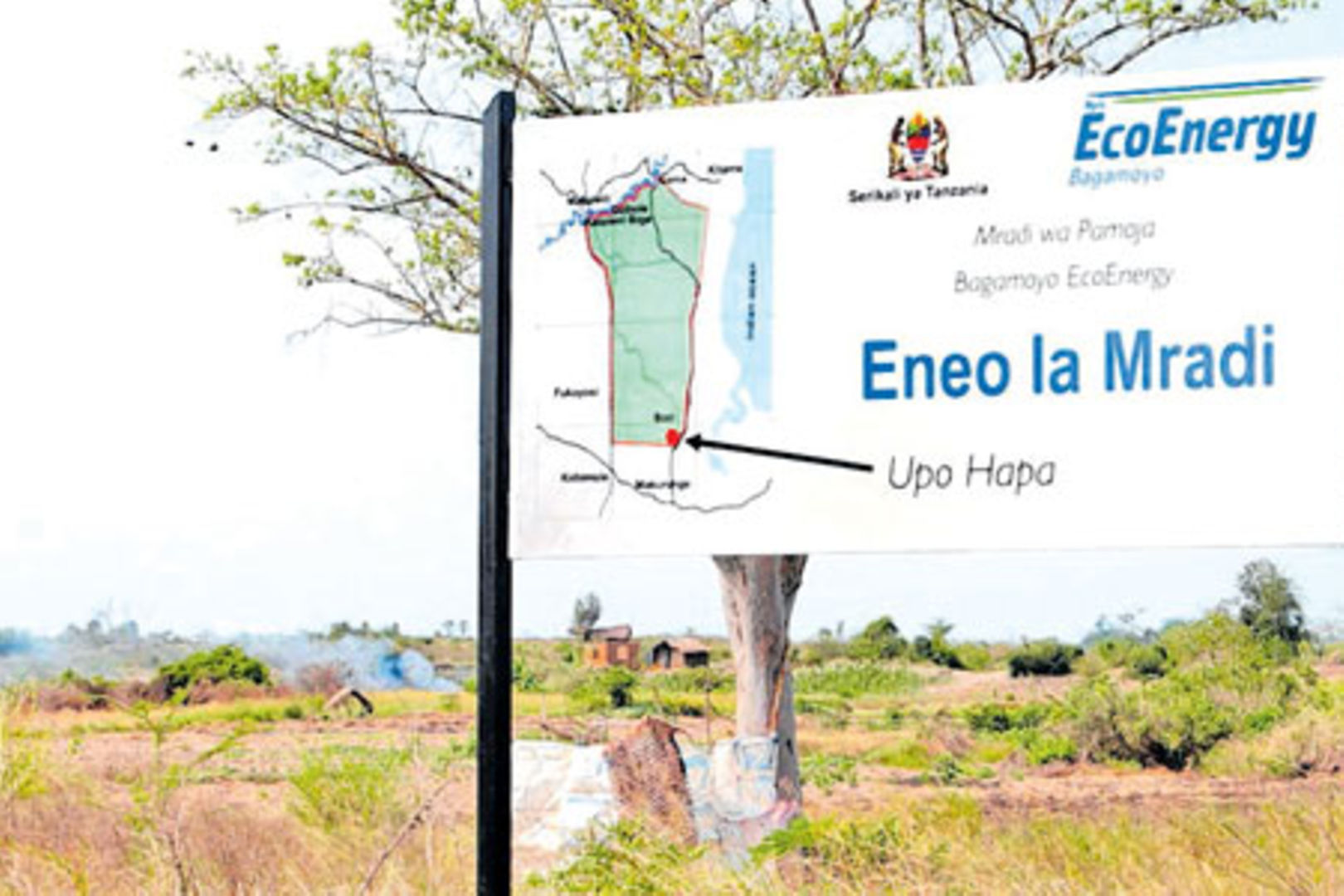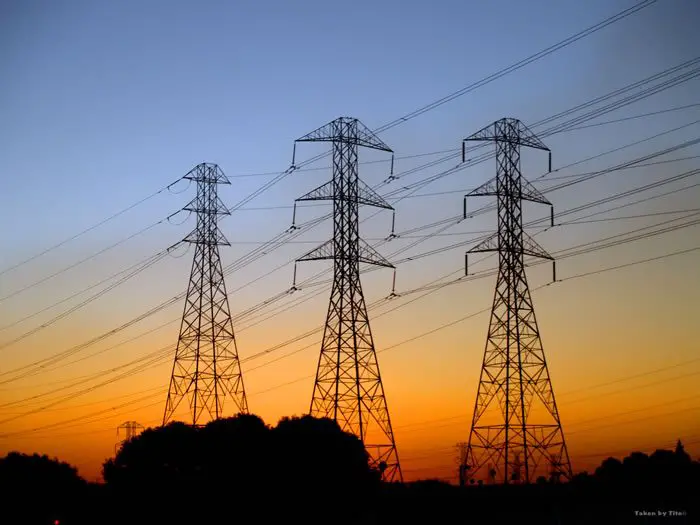The Bagamoyo Sugar Project (BSP) in Tanzania was set to establish a 7,800-ha integrated sugarcane plantation and fully integrated sugar production and renewable energy facility in the East African coast city.
The facility would produce 130,000 tpy of raw sugar for the domestic market, and 90,000 MWh/year of renewable energy from bagasse. In addition, it would produce 10,000 cubic meters of fuel ethanol from molasses for the domestic and/or international markets.
The Bagamoyo Sugar Project (BSP) in Tanzania would therefore feature a comprehensive out-grower scheme that would commercialize smallholder farmers on 3,300 ha of land surrounding the project site.
Also Read: US$12.7 bn project launched to upgrade Mwanza sewerage system in Tanzania
Upon completion, BSP would be the first PPP supported by the AfDB in the agriculture sector. However, in the Government of Tanzania revoked the Bagamoyo Sugar Project’s land title.
As a result, its contractor lodged a $500 million arbitration claim against the government. The case began at the International Centre for Settlement of Investment Disputes (ICSID). The World Bank organ is in Washington D.C.
In November 2017, the Commissioner for Lands informed EcoEnergy Limited of the resolution to revoke the project’s title deed. The Swedish company said that it had worked on the project’s development for over 10 years. Furthermore, the company is said to have invested $52 million. In total, the project’s area spans 20,400 hectares.
The project did not take off.

Reported On May 16, 2014
EcoEnergy Africa AB invests US$500m in Tanzania power project
The Swedish-based company, EcoEnergy Africa AB, is injecting over US$500m for sugarcane farming in Tanzania with the aim of producing ethanol and power. The company has already set up a special-purpose project company, Bagamoyo EcoEnergy Ltd (BEE) in Bagamoyo, Tanzania.
The project is estimated to produce over 130, 000 tons of sugar annually for the domestic Tanzanian market and 10m liters of ethanol. About 100, 000 rural households are to benefit from the 1000 KHz electricity provided by the plant annually.
The country’s average power demand stands at 750 MW per day and peaks at around 850 MW.
TANESCO, the state-owned power utility’s generation system consists mainly of Hydro and Thermal based generation. In 2012, Hydro contributed 57 % of total power generation with gas and thermal contributing the remaining amount.
TANESCO burns fuel worth more than double the amount of money it receives as daily revenue and is now racing to build infrastructure to tap a gas potential that is seen as equal to some Middle East producers.
In 2013 the east African country signed a US$692.7m contract for the construction of a 400kV transmission line with a Chinese company. China is also financing a US$1.2bn 532km natural gas pipeline from the southeast of the country to the commercial capital Dar es Salaam.
The country is also undertaking other various government and donor-funded power projects to enable it to meet its energy demand.

